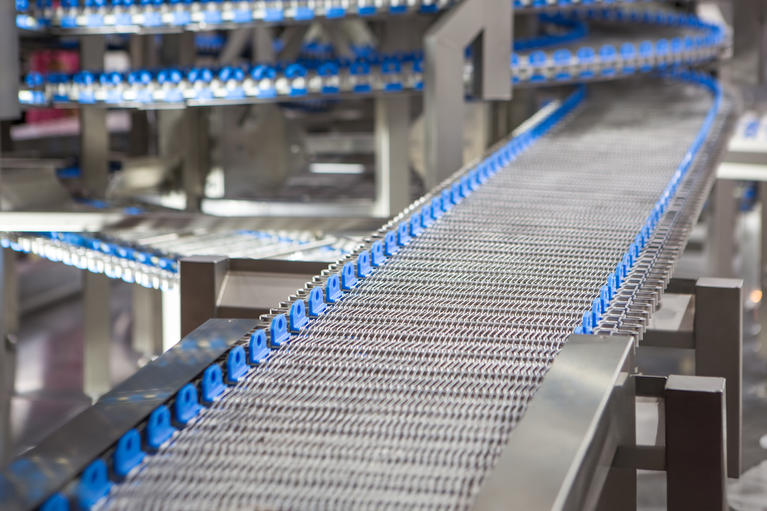
Clean Air Program (CAP) Grants
Colorado’s Clean Air Program Grants
Funding to reduce industrial air pollution.
Funding Overview:
Type: Grant
For: Business & Industry, Government
Amount: $25 million
Match: Required
RFA rounds: An additional round will open March 2, 2026.
Industrial production is among the top five leading contributors of emissions in the state. Colorado’s Clean Air Program provides grants for industry-related emission reduction projects that bring the State closer to its air pollutant emission reduction goals.
Clean Air Program grants offset the direct costs of purchasing industrial air pollutant emission reduction equipment at the site where air pollutant emissions are generated and released.
The Colorado Energy Office (CEO) offered technical assistance to help eligible facilities identify decarbonization opportunities. Visit the CAP Technical Assistance Offering webpage to learn more about this initiative.
Sign up for Industrial Energy Program Updates
Contact Information: Libby Lee, elizabeth.r.lee@state.co.us
The additional application round will be similar to the last round and focus on funding decarbonization technology. More information will be provided soon.
View previous RFA documents
Webinar and Office Hours
CEO will host a Funding Decarbonization Technology RFA Informational Webinar on March 11 at 1:00 PM MT.
Register for the webinar
CEO will also host office hours on March 18 and 25 at 10:00 AM MT.
Register for office hours

Additional Resources
View 2024 Clean Air Program Report
Industrial facilities may also be eligible for funding support through the Colorado Industrial Tax Credit Offering (CITCO), but may not combine this funding with CAP.
Learn more about CITCO
